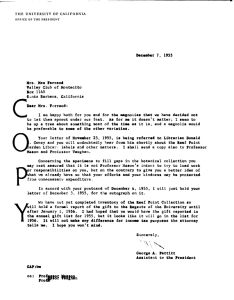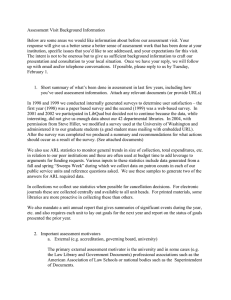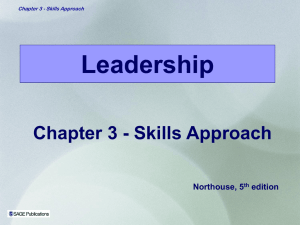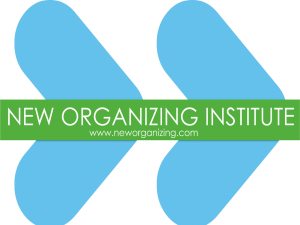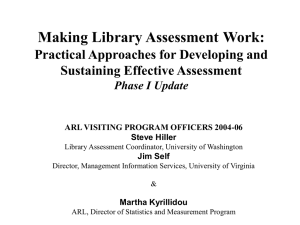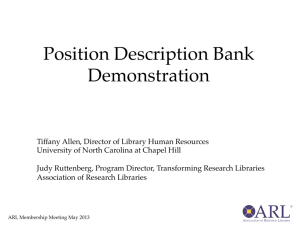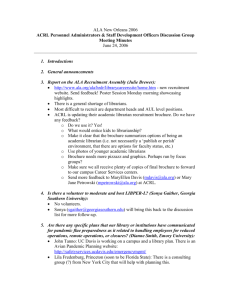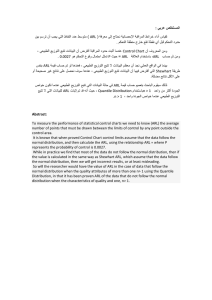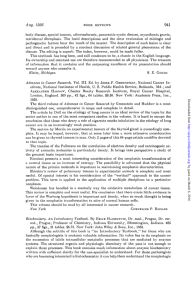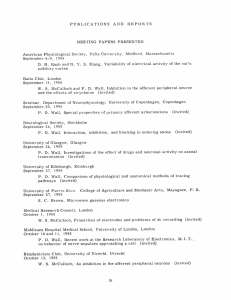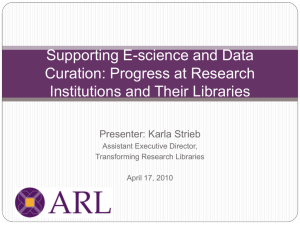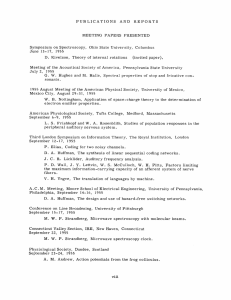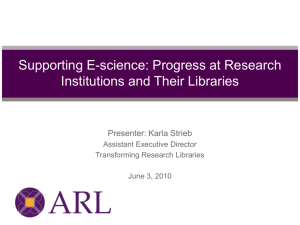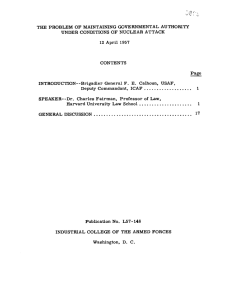Skills Wanted Robert L. Katz wrote in the Harvard Business Review
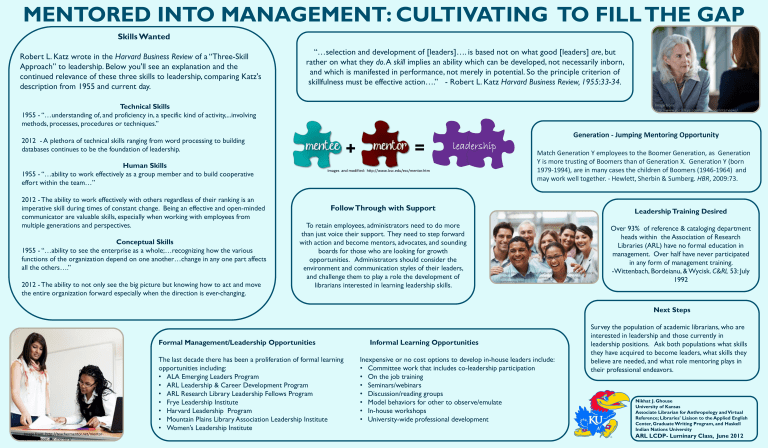
MENTORED INTO MANAGEMENT: CULTIVATING TO FILL THE GAP
Skills Wanted
Robert L. Katz wrote in the Harvard Business Review of a “Three-Skill
Approach” to leadership. Below you'll see an explanation and the continued relevance of these three skills to leadership, comparing Katz's description from 1955 and current day.
Technical Skills
1955 - “…understanding of, and proficiency in, a specific kind of activity,...involving methods, processes, procedures or techniques.”
2012 - A plethora of technical skills ranging from word processing to building databases continues to be the foundation of leadership.
Human Skills
1955 - “…ability to work effectively as a group member and to build cooperative effort within the team…”
2012 - The ability to work effectively with others regardless of their ranking is an imperative skill during times of constant change. Being an effective and open-minded communicator are valuable skills, especially when working with employees from multiple generations and perspectives.
Conceptual Skills
1955 - “…ability to see the enterprise as a whole;…recognizing how the various functions of the organization depend on one another…change in any one part affects all the others….”
2012 - The ability to not only see the big picture but knowing how to act and move the entire organization forward especially when the direction is ever-changing.
Image from: http://teachermentor.net/mentorservices/meet-our-mentors/
“…selection and development of [leaders]…. is based not on what good [leaders] are, but rather on what they do. A skill implies an ability which can be developed, not necessarily inborn, and which is manifested in performance, not merely in potential. So the principle criterion of skillfulness must be effective action….” - Robert L. Katz Harvard Business Review, 1955:33-34.
+ =
Images and modified: http://www.lcsc.edu/ecc/mentor.htm
Follow Through with Support
To retain employees, administrators need to do more than just voice their support. They need to step forward with action and become mentors, advocates, and sounding boards for those who are looking for growth opportunities. Administrators should consider the environment and communication styles of their leaders, and challenge them to play a role the development of librarians interested in learning leadership skills.
Formal Management/Leadership Opportunities
The last decade there has been a proliferation of formal learning opportunities including:
• ALA Emerging Leaders Program
• ARL Leadership & Career Development Program
• ARL Research Library Leadership Fellows Program
• Frye Leadership Institute
• Harvard Leadership Program
• Mountain Plains Library Association Leadership Institute
• Women’s Leadership Institute
Informal Learning Opportunities
Inexpensive or no cost options to develop in-house leaders include:
• Committee work that includes co-leadership participation
• On the job training
• Seminars/webinars
• Discussion/reading groups
• Model behaviors for other to observe/emulate
• In-house workshops
• University-wide professional development
Image from: http://www.gocollege.com/admissions/interviews/
Generation - Jumping Mentoring Opportunity
Match Generation Y employees to the Boomer Generation, as Generation
Y is more trusting of Boomers than of Generation X. Generation Y (born
1979-1994), are in many cases the children of Boomers (1946-1964) and may work well together. - Hewlett, Sherbin & Sumberg. HBR, 2009:73.
Images from: http://www.shutterstock.com/pic-46801033/stockphoto-portrait-of-happy-business-group-demonstratingpartnership.html
Leadership Training Desired
Over 93% of reference & cataloging department heads within the Association of Research
Libraries (ARL) have no formal education in management. Over half have never participated in any form of management training.
-Wittenbach, Bordeianu, & Wycisk. C&RL 53: July
1992
Next Steps
Survey the population of academic librarians, who are interested in leadership and those currently in leadership positions. Ask both populations what skills they have acquired to become leaders, what skills they believe are needed, and what role mentoring plays in their professional endeavors.
Nikhat J. Ghouse
University of Kansas
Associate Librarian for Anthropology and Virtual
Reference; Libraries' Liaison to the Applied English
Center, Graduate Writing Program, and Haskell
Indian Nations University
ARL LCDP- Luminary Class, June 2012
